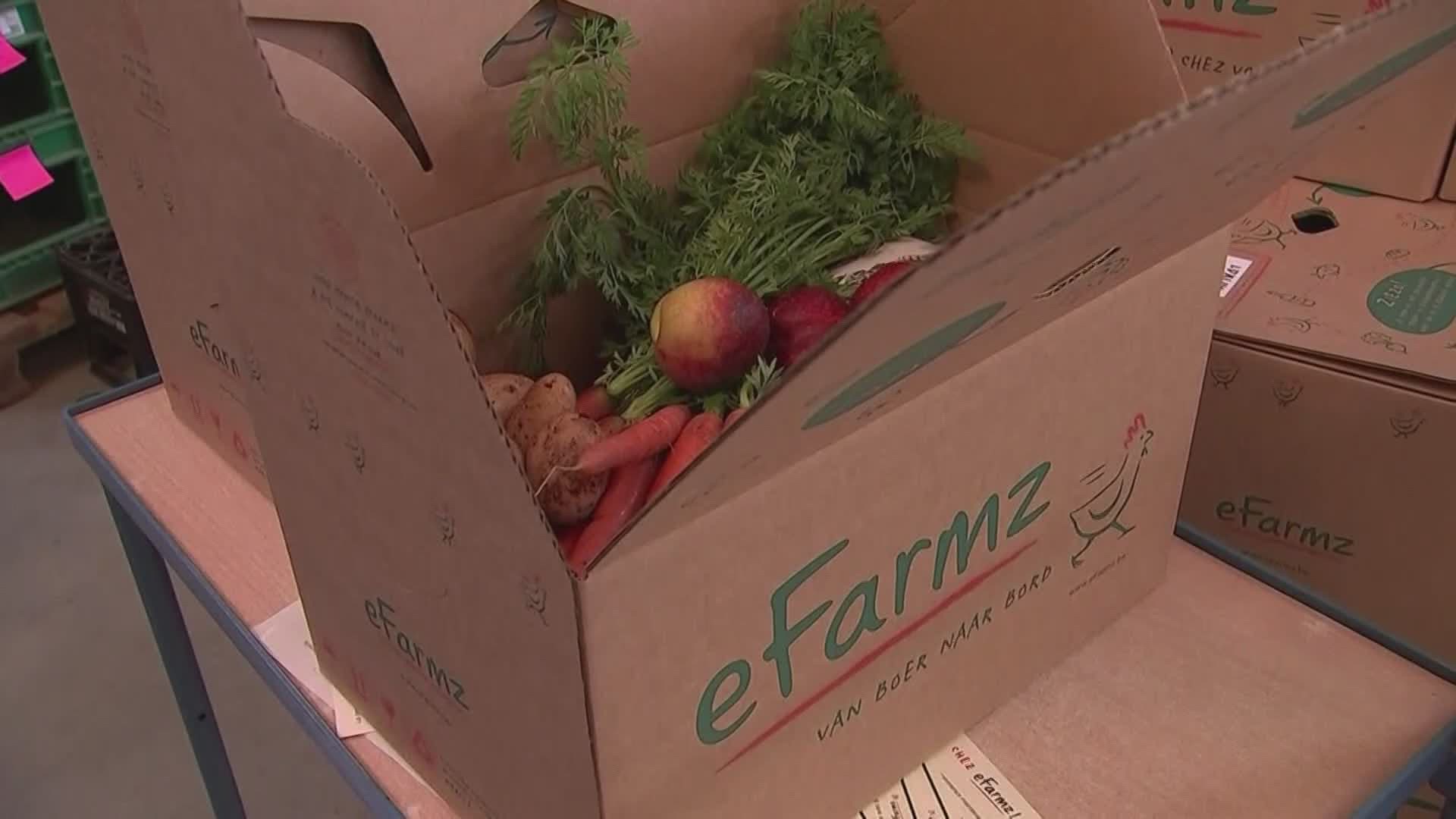AUBURN, Maine — Billions of dollars in food assistance to help farmers, food distributors, and people struggling with hunger.
That's the aim of the Farmers to Families Food Box Program funded through the $2.2 trillion CARES Act.
It authorizes the USDA to buy $3 billion worth of fruits, vegetables, dairy, and meat products and then work with distributors to get boxed filled with those foods out to families who need it.
Maine, however, will not see any relief from this program. Why?
According to the Maine Department of Agriculture, Conservation, and Forestry, no food distributors in Maine were awarded a contract. It can't confirm who or how many distributors actually applied.
In a letter sent Thursday to the USDA – the Maine Department of Agriculture, Conservation, and Forestry is outlining the challenges faced by Maine's food distribution network and asking for the USDA to hold another bidding process to allow additional time for distributors to apply.
"We're at the end of the supply chain [in Maine]," said Emily Horton, the director of policy and community engagement at Maine Department of Agriculture Conservation and Forestry. "It's a one size fits all program and we think the second part of our letter is asking the USDA to create some flexibility so we can work with local, statewide partners, county partners as well."
These challenges are the reasons why Maine might be missing out on the Farmers to Families Food Box Program – meant to do just what it's called from now through the end of June.
Food banks are helping distributors get the food boxes to families. But again, because no Maine distributors applied for this program, Maine food pantries are missing out.
"We did find out we were part of one bid with a group down in Pennsylvania which is a group that we're actually a part of through Feeding America, it's a produce cooperative," said Kristen Miale, the president of the Good Shepherd Food Bank, Maine's largest hunger-relief organization.
"So we at least would have been able to get produce boxes through this distributor."
However there were several challenges with this, the obvious: shelf-life.
There simply wasn't enough time to get that fresh produce from hundreds of miles away, packaged, and delivered.
"It's impossible," said Miale. "We'd end up giving out rotten produce or near-spoiled produce."
In the meantime, Good Shepherd Food Bank is working with a food distributor in Massachusetts that is part of the program and they will receive 1,300 boxes of produce from them on Tuesday.
A small way, for now, to offset the huge problem of hunger in Maine.
"The USDA was well-intended with this program," said Emily Horton. "We expect that if they see states that aren't benefiting they are going to look to revisit it."
Kristen Miale says they are watching closely to see if the USDA offers another chance for distributors to apply for the program.

